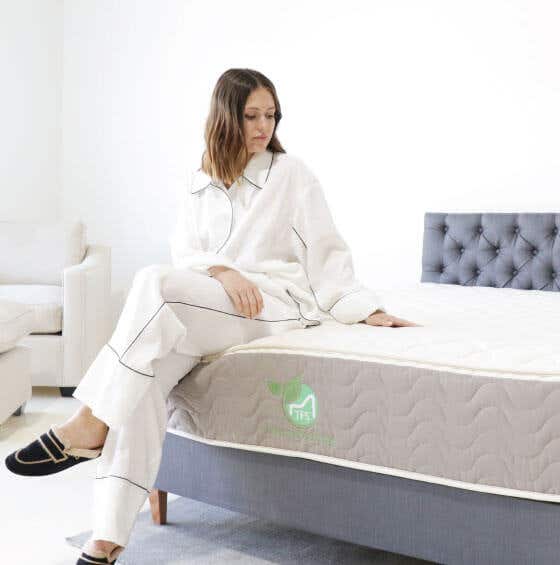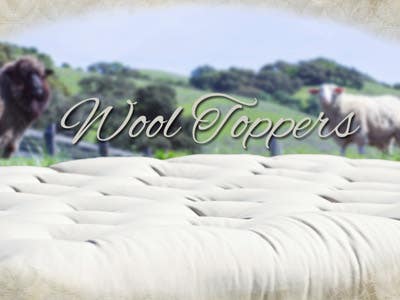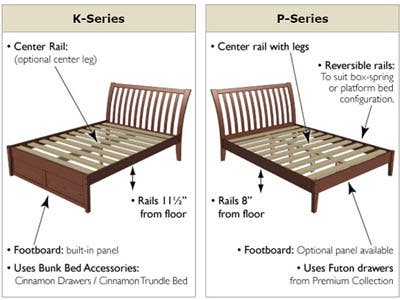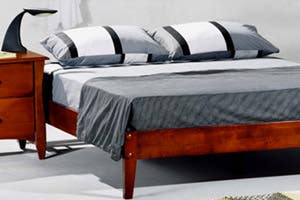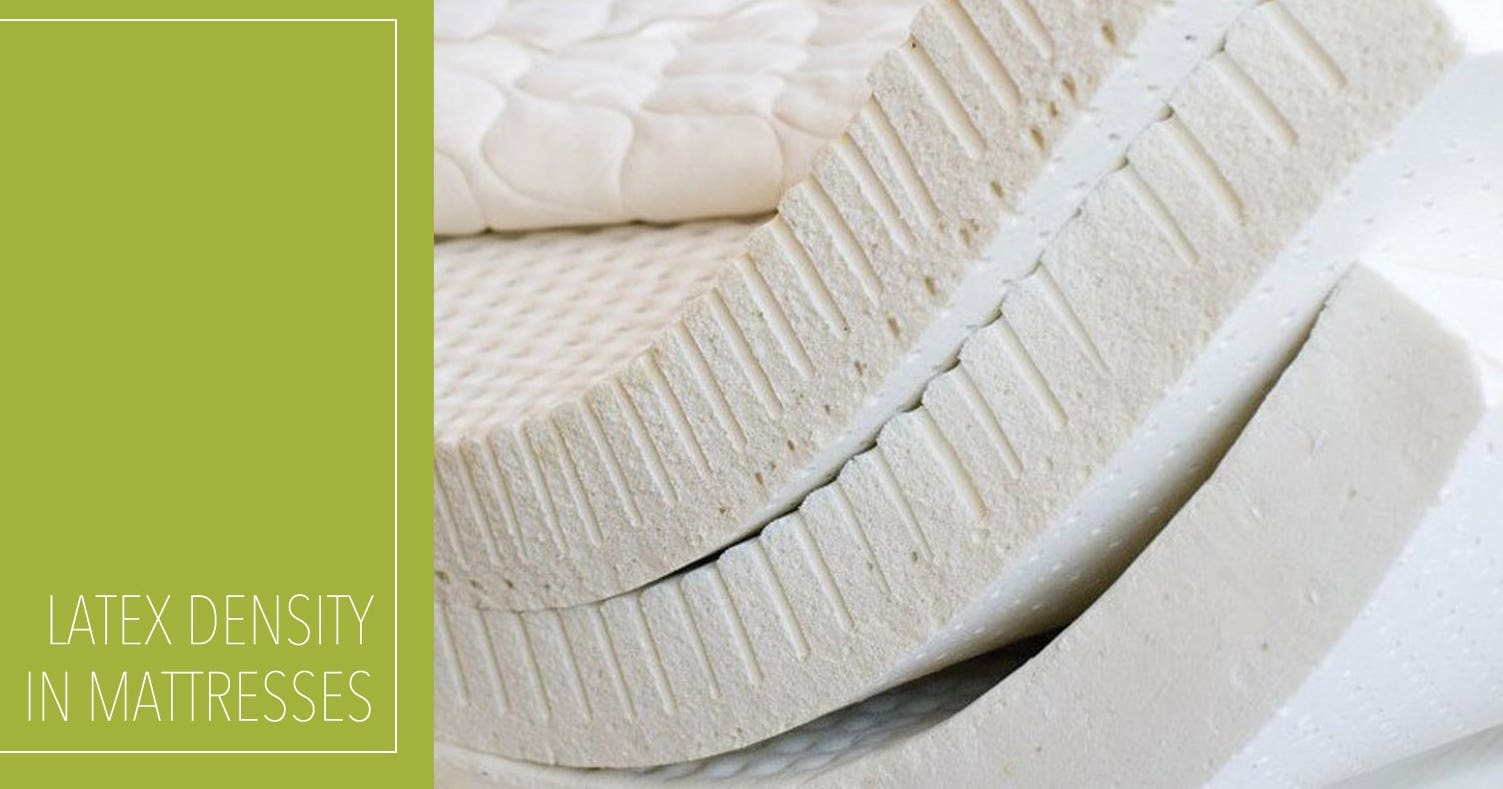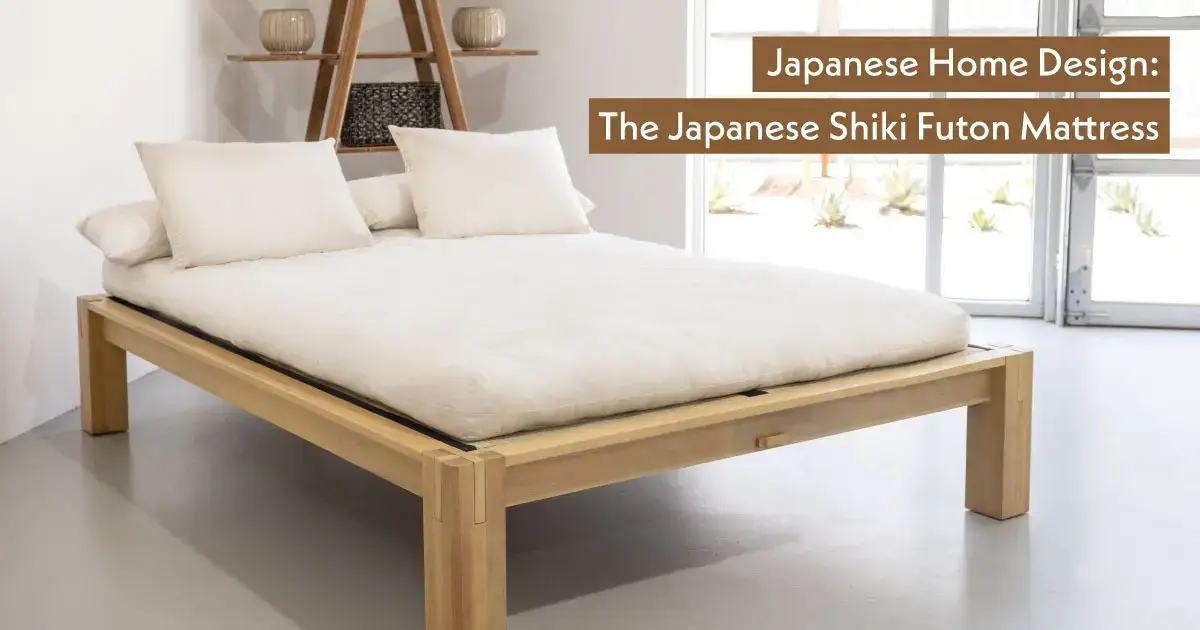
What's The Most Comfortable Futon Mattress?
While some futon mattresses are thicker than others this alone does not determine the comfort level. A well-made, supportive futon mattress that is thinner can work better than a thick mattress that offers no support. There are many types of futon mattresses that are differentiated by what materials are used in the futon mattress core.
The Futon Shop
https://www.thefutonshop.com/The Futon Shop
2019-08-30
2019-08-30
Selecting the right futon mattress can be confusing when so many option are available. Whether you are choosing a futon mattress for a convertible futon frame or platform bed can lead you to difference conclusions. A futon facts: Futon mattresses are not as thick as a standard box spring. Futon mattresses are well suited for European style platform beds or convertible futon frames. While some futon mattresses or thicker than others this alone does not determine the comfort level. A well-made, supportive futon mattress that is thinner can works better than a thick mattress that offers no support. There are many types of futon mattresses, that are differentiated by what materials are used in the futon mattress core..
Platform bed frames pair very well with futon mattresses. Futon mattresses and platform bed frames are designed to be used without a foundation or box spring. The slatted support systems removes the need for bulky box spring mattress systems. Further, the slatted system allows for proper ventilation preventing issues with mold and mildew.
Learn About The 3 Ways To Use A Futon Mattress: Will My Mattress Work As A Sofa Or A Bed?
What Is Important To You?
The main ingredients of futon mattresses range from organic, natural to eco-friendly. The ingredients in futon mattresses can include: micro-coils, wool, latex, coconut coir, plant-based foams consisting of high resilient, memory and gel foam and of course cotton.
More recently our most popular futon mattresses feature natural or organic latex, wool and coconut coir as their main center ingredient. The average thickness of these mattresses can range from three to 9 inches thick.
Although coil mattresses are common, many people find them uncomfortable. If inexpensive coils are used the mattress can wear out and dip. Wool makes an excellent ingredient in a futon as it wicks away moisture and adds loft and temperature control to you when you sit and sleep. Latex is a sustainable and natural latex adds excellent support and structure as well as long life to your futon mattress.
Organic cotton and high-quality staple cotton adds quality support to any futon mattress. Coconut coir is firm and creates premium support. Plant-based soy foams are low VOC Centipur certified and offer traditional memory foam or foam mattress feel to your futon mattress. The Futon Shop manufactures all their futons in house from felting the cotton and wool to assembling each and every futon mattress lovingly by hand. Our futon mattresses made of natural latex, wool, organic cotton, or coconut fiber are supportive, comfortable and do not contain chemicals. They may tend to cost slightly more than a foam futon mattress, but you will receive a natural, healthy and comfortable night’s sleep for years to come.
Natural and Organic Fibers have many health benefits for you and your family. Choosing all natural fibers promotes healthy lungs and organs through the circulation of clean air in your home, more sound sleep and faster physical muscle and cell recovery during deep sleep.
Tip 1. Look for natural ingredients, such as Latex, Wool and Cotton
Tip 2. Make sure no fire retardants are included in your mattress or furniture.
Tip 3. Look for alternative options to traditional foams such as plant based soy-foam, memory foams and memory gels.



SHOP OUR COLLECTIONS
Find Your Mattress: What Is The Best Position To Sleep?

Learn More
Recommended Products
Everything You Need To Know About Futons






